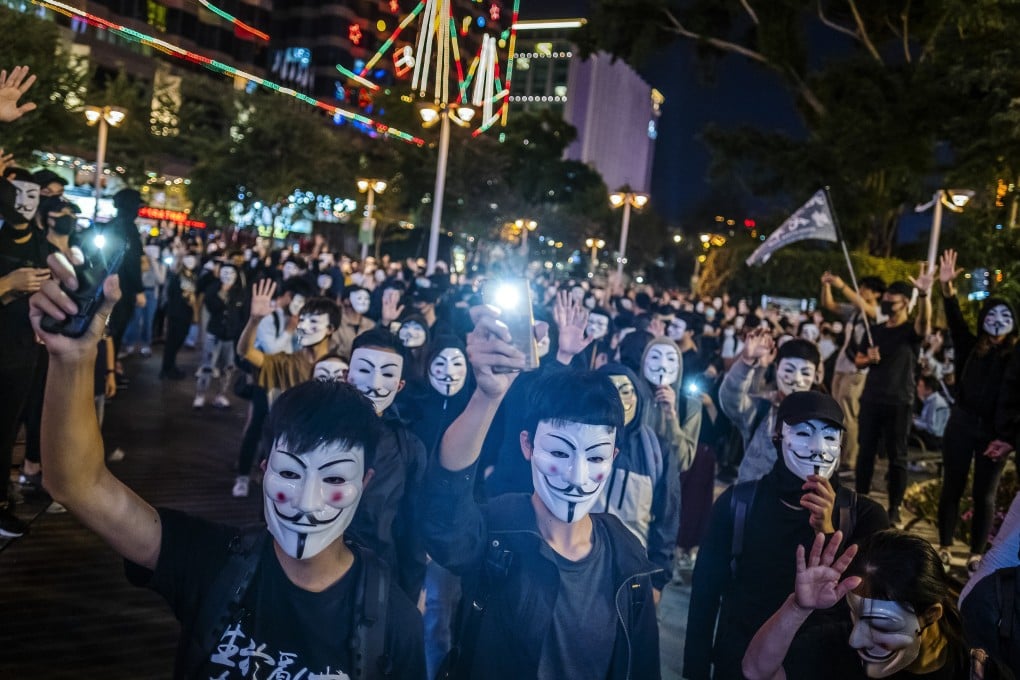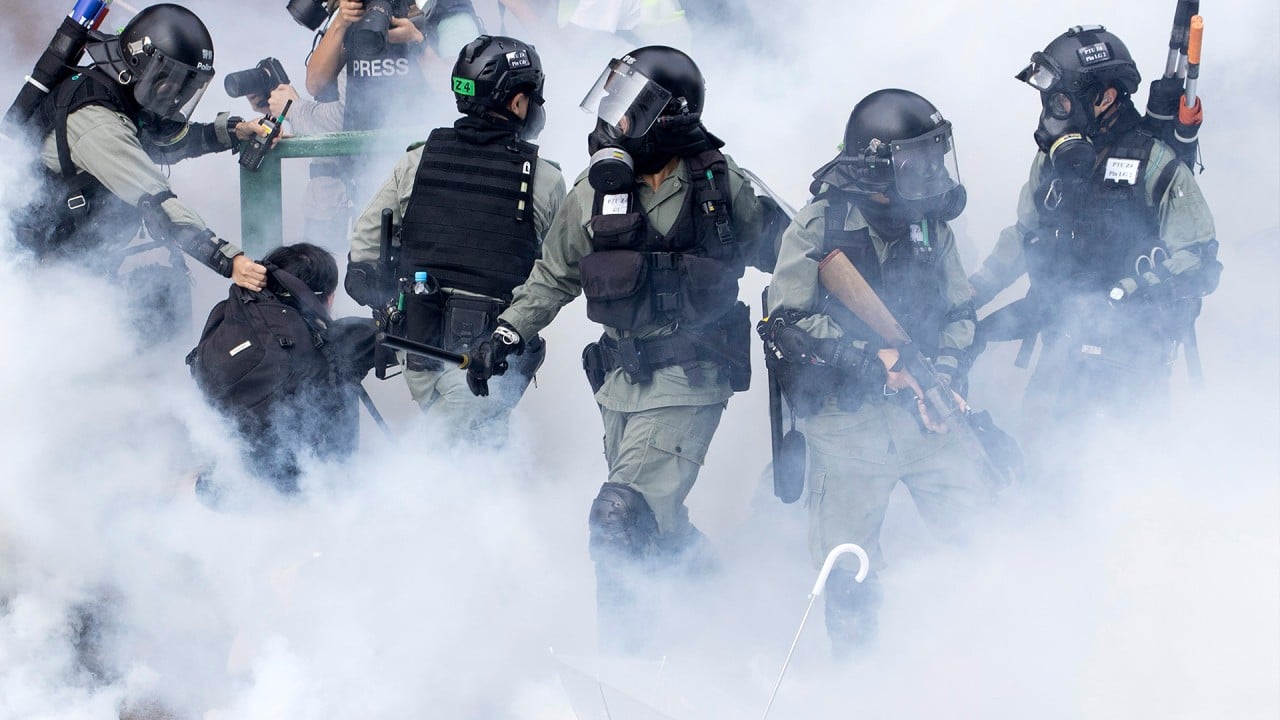Advertisement
Opinion | Technology reshaped Asia’s protest movements – but can it effect real change?
- From Hong Kong to Myanmar, anti-government activists have harnessed smartphones and social media to plan protests and rally people to their cause
- While sceptics see online activism achieving little amid rising repression, others argue the embers of protest can now never be fully extinguished
Reading Time:3 minutes
Why you can trust SCMP
2

Technology has reshaped the dynamics of Asia’s anti-government protests and the social movements behind them, as recent events in Hong Kong, Thailand and Myanmar have shown.
Advertisement
Just a decade ago, smartphones and social media were in their infancy as consumer products, yet they had already proven themselves to be powerful organising tools for protesters.
In both the Arab spring protests that swept the Middle East at the start of last decade and 2011’s anti-capitalist Occupy Wall Street protests in New York, activists used social media to publicise their causes and coordinate their actions.

07:30
China’s Rebel City: The Hong Kong Protests
China’s Rebel City: The Hong Kong Protests
The Hong Kong protests of 2019-2020 showed how technological advances – in the form of near-ubiquitous smartphone ownership and internet connectivity – could allow for a seamless crossover between online and offline campaigns, and provide a platform for dissent to continue in the virtual world even after physical protests had subsided.
Using their smartphones, the city’s youthful activists adopted guerilla-like tactics to stage numerous sudden, flashmob-style protests that persisted for the best part of a year in spite of an implacable clampdown – with organisers communicating in real time via their devices in a bid to stay one step ahead of the police.
When Covid-19 and the National Security Law ultimately put an end to the unrest, an unknown number of protesters fled Hong Kong. Last year, Taiwan issued 10,813 residence permits and 1,576 settlement permits to people from the city, nearly twice the previous year’s numbers – 5,858 and 1,474, respectively – although it is unclear how many recipients were pro-democracy activists.
Advertisement
Still, online platforms have allowed even those in self-exile to continue their activism. On June 4 this year – the 32nd anniversary of the Tiananmen Square crackdown – an event usually held in Taiwan’s Liberty Plaza to commemorate the tragedy was moved online instead. It featured exiled protesters from Hong Kong, Myanmar, Thailand and Tibet, perhaps suggesting a certain permanence of common cause between the region’s different protest movements.

Advertisement
